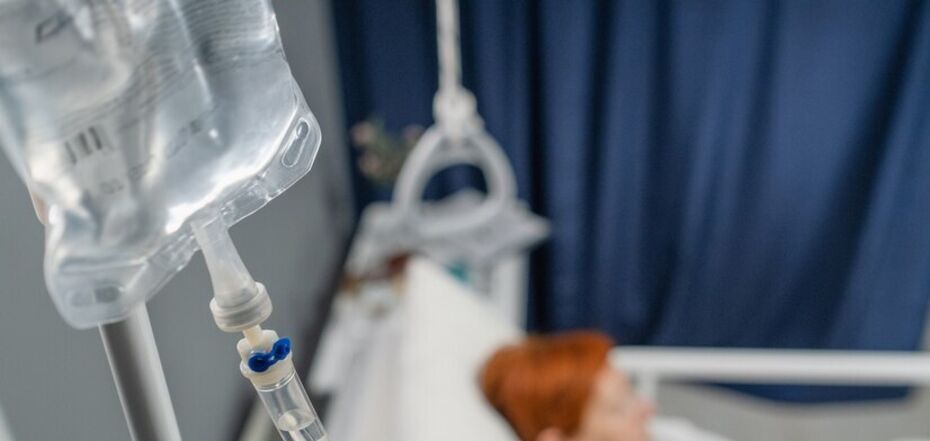News
On the needle: the IV industry and the illusion of healing
When was the last time you had an intravenous drip? Perhaps after a serious poisoning, dehydration, or an unexpected allergic reaction after an insect bite. Or you may be one of the patients who go to a day hospital every six months to... "get doped up".
The so-called infusion therapy is a fairly common phenomenon in post-Soviet countries, which is still successfully practiced in our medical institutions. Patients are usually the initiators of such "recovery". However, our doctors willingly agree to a "day hospital," knowing full well that this is nonsense.
An intravenous drip as an ambulance
Unlike our healthcare workers, Western experts are extremely ambivalent about this practice. So why do we need IVs? First of all, a patient in a critical condition needs an intravenous drip when there is a threat to life - blood loss, shock, dehydration, intoxication, or acute allergic reaction.
Large volumes of fluids are administered intravenously if there is not enough time for an intramuscular injection or pill to work. An intravenous drip is also used when a patient is physically unable or unable to drink enough fluids, which is often the case with severe diarrhea, poisoning, or vomiting. There is also a list of medications that are administered exclusively by drip.
What happens in case of a spontaneous urge to dig? A person comes to the doctor complaining of a general condition, weakness, headache, "vitamin deficiency", "or loss of strength", and the healthcare worker often prescribes harmless "vitamin cocktails", glucose or saline.
Why do patients want to "drip"?
There are a huge number of people who do not want to deal with the treatment, control, and prevention of diseases on a daily basis. They can ignore an active lifestyle and healthy diet, but will gladly undergo a course of "wellness drips" several times a year.
Is it possible to "cure" hypertension, coronary heart disease, or alcoholism with a vitamin cocktail or saline?
This type of imaginary treatment creates the illusion of recovery in the patient, and later on, IVs may be associated with an alternative to traditional treatment.
However, healthcare workers do this knowing that no one has ever been cured by an IV every three months. At the same time, most patients are sure that there will be no harm from such therapy, but this is not the case at all!
Why can IVs be dangerous to health?
Infusion therapy "at will" can lead to edema, kidney dysfunction, and other health hazards. After all, the procedure is usually performed without preliminary tests, limited to a conversation with a doctor.
Knowing the composition of the IV solution, it is obvious that there must be a reason for prescribing it. For example, isotonic solutions of potassium, magnesium, and calcium are used to restore the loss of intracellular fluid in case of intoxication and infections.
If there are no problems with the level of electrolyte concentration in the blood, it can rise sharply after an IV, which can lead to cardiac rhythm disturbances, kidney function, and edema.
Another popular ingredient in many IVs is a detoxifying agent for liver disease. Usually, the body synthesizes them in the required amount. It is poorly absorbed through the drips and causes symptoms of indigestion.
Multivitamin solutions can cause an excess of certain trace elements. Unnecessary infusion of B vitamins can cause brain and coordination disorders. Vitamin C in large amounts leads to the formation of kidney stones.
Some IVs contain chelating compounds, which are used only in case of poisoning with heavy metal salts. In other cases, there is a risk of serious side effects, such as vomiting, cramps, muscle pain, and hypoglycemia.
Certain components of the droppers can provoke an allergic reaction. Excessive intake of vitamins, saline and fluids in general has a negative impact on the health of people with chronic kidney and liver disease. If you have decided on infusion therapy, know that there are many other methods of psychotherapy and replenishment of vitamins in the body.



























